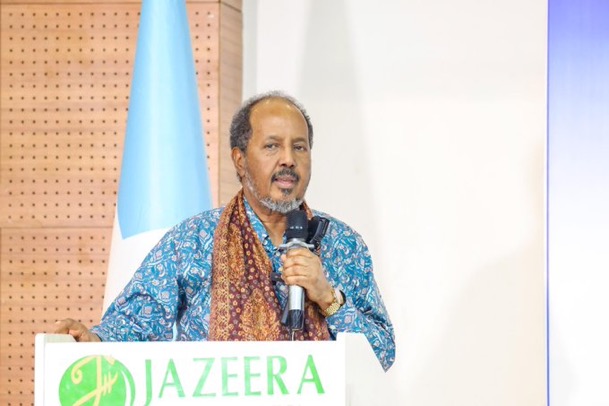With the growing number of women and children leaving Karamoja for urban centers, the Uganda Human Rights Commission (UHRC) has renewed its call for the protection of their rights.
During a one-day training in Moroto on October 2, 2024, UHRC officials urged stakeholders to adopt a human rights-based approach to address the challenges faced by these vulnerable migrants.
Many flee the region due to poverty, food insecurity, cattle raids, and gun violence.
Paul Piramoe, Regional Human Rights Officer for Karamoja, highlighted that human traffickers are increasingly exploiting the situation, targeting women and children by making false promises of work.
He noted that traffickers use local radio stations and social media to lure their victims, who often end up being exploited in the streets, bars, and brothels. “Traffickers use every trick to ensnare the vulnerable,” Piramoe emphasised.
UHRC Investigations Officer Susan Amagoro stressed the importance of safeguarding the rights of trafficking victims, including ensuring access to fair hearings, freedom from torture, and protection from inhumane treatment.
“With many Karamojong children ending up in urban areas like Kampala, we must ensure they are not subjected to exploitation or abuse,” Amagoro stated.
The situation in Karamoja has been exacerbated by an influx of Turkana pastoralists from neighbouring Kenya, who are blamed for the rise in firearms and cattle raids in the region.
In May 2023, President Museveni issued an executive order banning the Turkana from entering Karamoja until specific demands are met.
UHRC Legal Officer Vicky Gloria Auma called for better documentation of migrants, pointing out that Karamoja’s porous borders with Kenya and South Sudan facilitate unchecked migration.
“Without proper documentation, it becomes difficult for the government and development partners to monitor the activities of pastoralists from neighbouring countries,” Auma warned.
Moroto Deputy Resident District Commissioner (RDC), Justin Tuko, echoed these concerns, adding that the government is working to address the root causes of the migration.
He noted that initiatives like the Parish Development Model (PDM) are being implemented to improve living conditions in Karamoja and reduce the flow of Karamojong women and children to urban centers.










